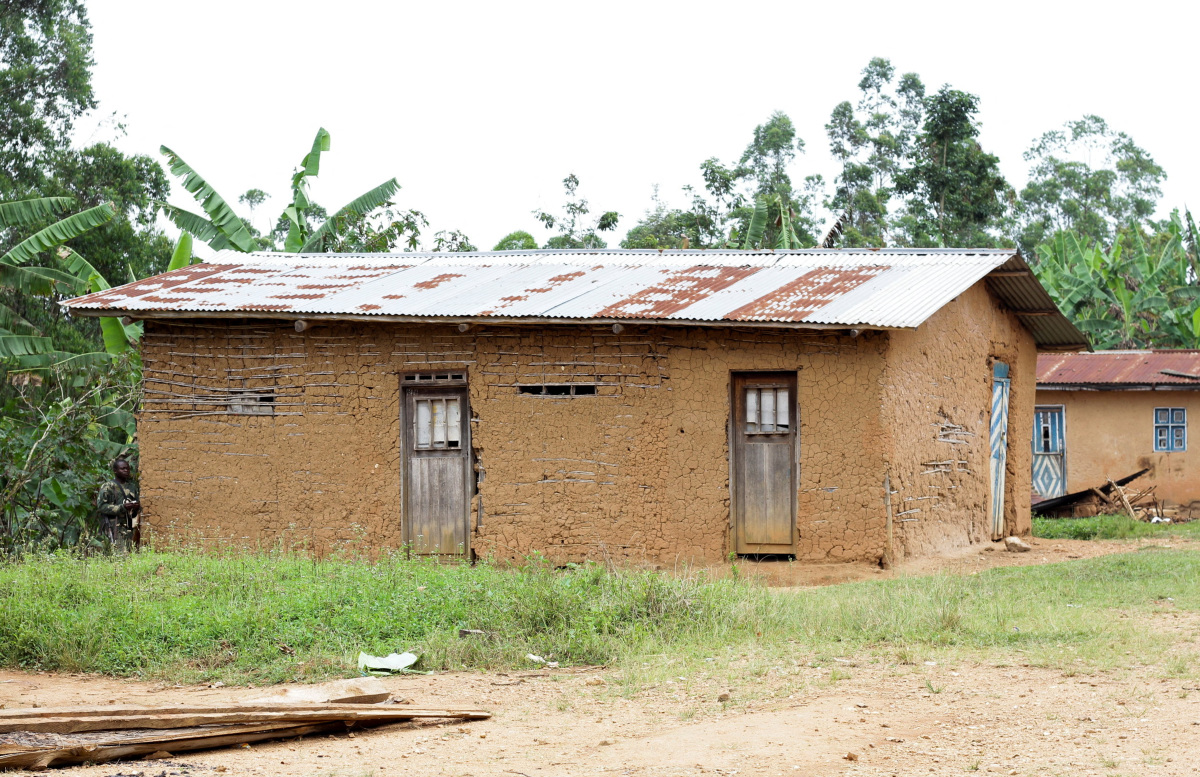Reuters
Residents of Mukondi village in eastern Congo inspected the burnt-out remains of their homes on Friday and told how they fled for their lives as rebels cut the throats of people around them.
Members the Allied Democratic Forces (ADF) struck Mukondi and a neighbouring village overnight on Wednesday, torching buildings and killing at least 39 people and wounding many more, according to the local authorities.
“They killed with machetes and lit homes on fire,” local chief Kasereka Deogratias said near the blackened wreckage of a building in Mukondi. “People are scared to come back.”
The scale of the bloodshed has shocked the broader community in North Kivu province that has been menaced by marauding armed rebel groups since wars in the 1990s.
The Islamist militant group attacked the villages as residents were celebrating International Women’s Day, said resident Paluku Mukata, who was among those who escaped.
“People’s throats were slit, lots of them,” Mukata said.
Mukondi farmer Kambale Kiviko said he only realised the village was under attack when he saw smoke rising into the air as he came back from his fields. Soon after, he was forced to the ground at gunpoint.
The attackers said, “Don’t bother talking because you’re no more useful than the people we’ve just killed here,” Kiviko explained.
The Islamic State, which the ADF pledged allegiance to in 2019, claimed responsibility for the attack late on Friday.
The ADF, a Ugandan armed group, is one of the main militant groups behind the bloodshed in eastern Congo, where around 10,000 people have been killed since 2017, according to Kivu Security Tracker, which maps the unrest.
Jerry Paluku Mafuta Mingi, another Mukondi farmer, spoke of villagers’ fear for the future as he stood in the ruins of the local medical centre that had been burned to the ground.
“Now we’re here, we are so afraid because we don’t know where the enemy came from and we don’t know where they holed up when they left our village, so we are in total despair,” he said.
The violence has destabilised swathes of eastern Congo, driving over 5.5 million people from their homes in what has become the largest internal displacement crisis in Africa, according to the U.N. refugee agency.
(Writing by Alessandra Prentice; Editing by Mike Harrison)







